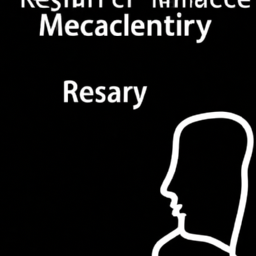The 5th U.S. Circuit Court of Appeals recently ruled that private businesses with religious convictions can be exempt from antidiscrimination laws that protect LGBTQ+ workers. This ruling has created a great deal of controversy, as many feel that it could potentially open the door to discrimination based on sexual orientation or gender identity in the workplace.
As human resources professionals, we need to be aware of the implications of this ruling and prepare ourselves to handle any potential issues that may arise from it. In this blog post, we’ll take a look at the 5th Circuit’s decision and explore what it means for employers and employees.
To begin with, it’s important to note that the 5th Circuit’s decision does not give employers blanket permission to discriminate against LGBTQ+ workers. Rather, it establishes a legal precedent that provides a defense for employers who can demonstrate that their religious beliefs are sincerely held and motivate them to act in a certain way.
This is why it’s important for employers to be aware of the ruling and understand how it could affect their business. In general, employers should remember that discrimination based on sexual orientation or gender identity is still unlawful, regardless of the 5th Circuit’s ruling.
That being said, it’s also important for employers to be aware of their rights when it comes to protecting their religious convictions. The 5th Circuit’s ruling establishes that employers can assert a defense to discrimination claims if they can demonstrate that their actions were motivated by their sincerely held religious beliefs.
This means that employers should think twice before implementing any policies that could potentially be interpreted as discriminatory. Employers should also consult legal counsel to ensure that any policies they implement comply with local, state, and federal laws.
Additionally, employers should be aware of the potential for backlash to their policies. Even if an employer is able to demonstrate that their actions were motivated by their sincerely held religious beliefs, they could still face criticism from employees, customers, and other stakeholders.
As human resources professionals, it’s our job to ensure that our organizations are in compliance with applicable laws and regulations. We also have a responsibility to protect our employees from discrimination. This means that we need to be aware of the 5th Circuit’s ruling and how it could affect our workplace policies and practices.
Ultimately, the 5th Circuit’s ruling is a reminder that employers must remain vigilant in protecting their religious convictions and must also remain mindful of their responsibilities to their employees. As human resources professionals, we can help ensure that our organizations are compliant with the law and that our employees are protected from discrimination.



